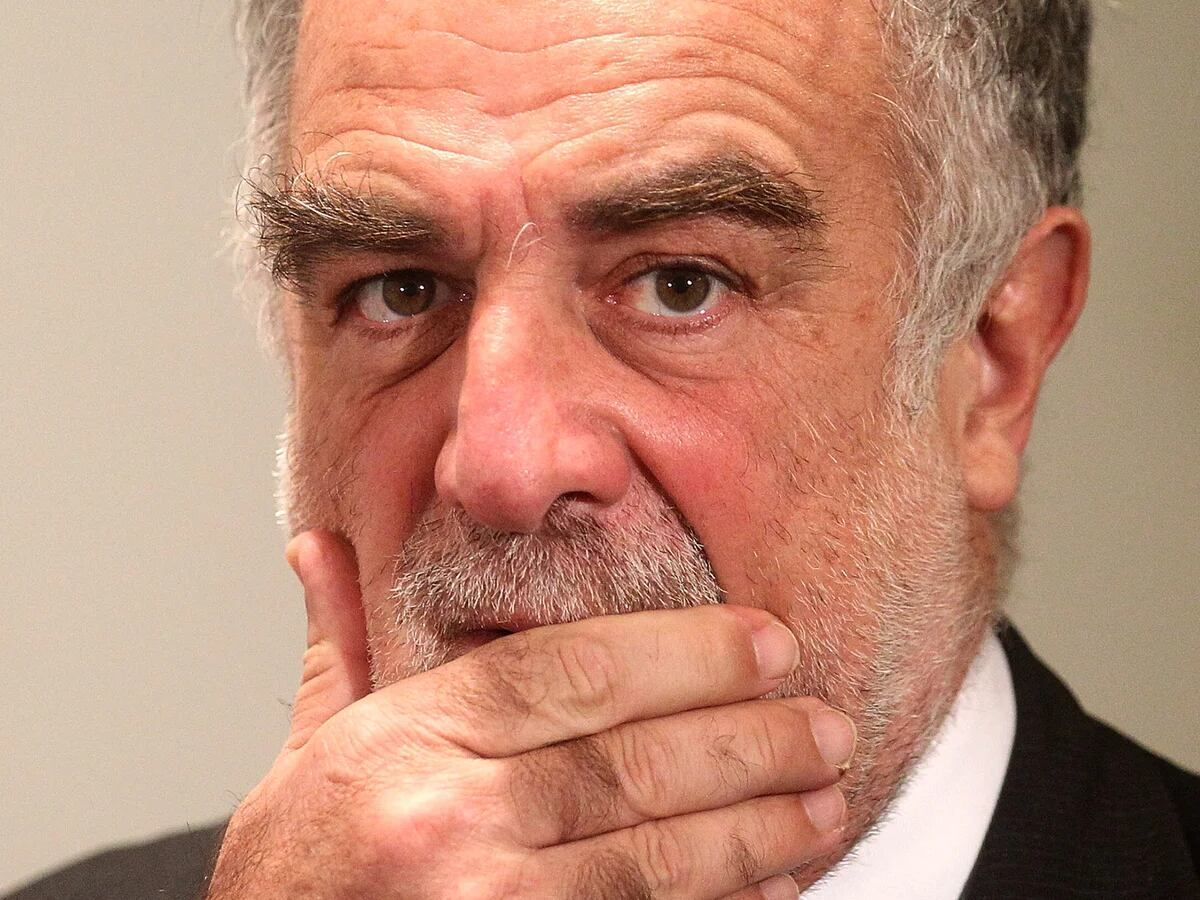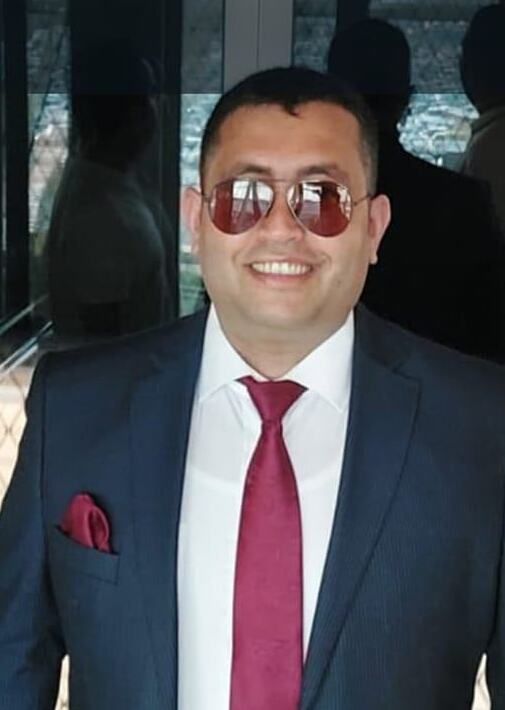Ocampo’s double standards: silence on war crimes, loud on bias

Luis Moreno Ocampo, the Argentine lawyer and former Chief Prosecutor of the International Criminal Court (ICC), has long been surrounded by controversy. Known for his connections to offshore companies, tax evasion schemes, and questionable lobbying networks, Ocampo’s name has appeared in multiple scandals. Yet, despite his own ethical baggage, he continues to make bold and unfounded claims—especially when it comes to Azerbaijan.
His latest remarks criticizing the UN Working Group on Arbitrary Detention (UN WGAD) over its report on Ruben Vardanyan are a clear example of this pattern. In March 2025, the UN WGAD concluded that Vardanyan’s arrest in Baku was not arbitrary and rejected Yerevan’s claims that the criminal case against him was unlawful. Ocampo dismissed the report and called on the UN to invalidate it, accusing the Working Group of bias.
He went further by targeting Anna Yudkovska, the current chair of the Working Group. Without evidence, he claimed she was affiliated with a law firm that provides services to Azerbaijan’s state oil company SOCAR and alleged that her husband had ties to corruption and Baku. These accusations were not only baseless—they were deeply ironic.
Why ironic? Because Ocampo himself has been linked to unethical behavior. Leaked documents from his time at the ICC revealed that he had close ties to parties involved in major legal cases and earned large sums through consulting deals that raised serious questions. He has been accused of working with offshore entities and lobbying groups while holding one of the most powerful legal positions in the world. Yet now, he accuses others of misconduct without proof.
Even more troubling is Ocampo’s long-standing silence on war crimes committed by Armenian forces in Garabagh. During his time at the ICC, he never spoke out about the ethnic cleansing, mass killings, and displacement of hundreds of thousands of Azerbaijanis, Kurds, Meskhetian Turks, and others. But once the region was liberated, he suddenly became vocal—defending figures like Vardanyan and questioning Azerbaijan’s legal process.
This double standard is hard to ignore. The so-called "republic of garabagh" was never recognized by any country—not even Armenia or Ocampo’s own Argentina, despite its strong Armenian lobby. The UN passed multiple resolutions demanding the withdrawal of occupying forces from Garabagh. If the regime was illegal, then its leaders must be held accountable for the crimes committed under its rule.
Ocampo’s attempt to discredit Azerbaijan’s judicial process is not just unfair—it’s dangerous. The trials currently taking place in Baku are similar to the Nuremberg Trials, where Nazi leaders were held accountable for crimes against humanity. Just as the world supported justice then, it must support justice now. These trials send a clear message: no crime goes unpunished. Justice may be delayed, but it will come.
So the question remains: whose side is Ocampo really on? Is he defending justice, or protecting impunity? His selective outrage and silence on real atrocities speak volumes. If he truly believes in human rights, he should start by acknowledging the suffering of the victims—not shielding those responsible.
Here we are to serve you with news right now. It does not cost much, but worth your attention.
Choose to support open, independent, quality journalism and subscribe on a monthly basis.
By subscribing to our online newspaper, you can have full digital access to all news, analysis, and much more.
You can also follow AzerNEWS on Twitter @AzerNewsAz or Facebook @AzerNewsNewspaper
Thank you!

